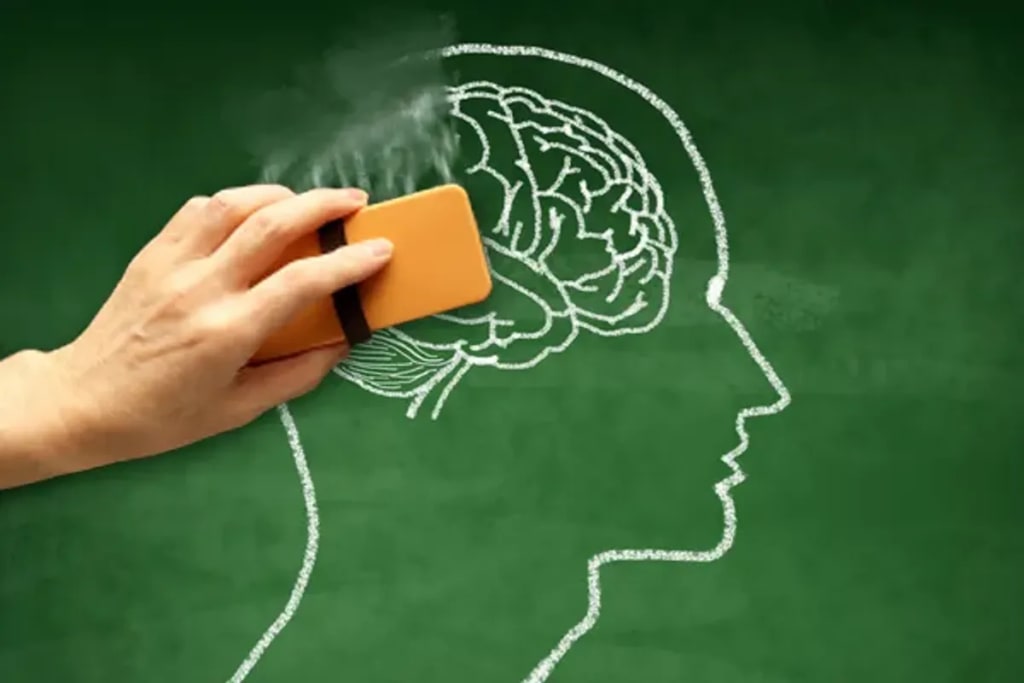
Sherlock Holmes, the renowned detective, once proposed a theory likening the brain to an attic, suggesting that it can only accommodate a limited number of memories. Dr. Watson, his faithful companion, once remarked about the Earth's orbit around the sun, prompting Holmes to express a desire to forget such trivial information. Holmes argued that cluttering one's mind with random facts could hinder the capacity to focus on more crucial matters, such as discerning subtle differences between deadly poisons. But was Holmes correct? Does our memory possess finite limits akin to a computer's storage capacity? Or is our memory boundless? And if our memory were flawless, how would life be if nothing was ever forgotten?
The animated movie Inside Out depicted memories as luminous orbs stacked within the brain, akin to books in a library. However, the reality is more intricate. Unlike a centralized memory bank, individual memories are distributed across various regions of the brain. Multiple brain cells across diverse areas collaborate to form a single memory. For instance, recalling the taste of grandma's apple pie might involve different brain cells responsible for visualizing its appearance, recalling the aroma of cinnamon, and reminiscing about its delectable flavor. In essence, a memory isn't a tangible entity residing within a specific brain cell but rather an activity involving interconnected neurons. This phenomenon enhances the brain's memory storage capacity.
Located deep within the brain lies a cluster of cells resembling a seahorse, aptly named the hippocampus by 18th-century scientists. This hippocampus plays a pivotal role in memory formation. The significance of the hippocampus in memory became evident through the case of H.M., a patient who underwent surgery in 1953 that severely damaged his hippocampus. Despite retaining memories from before the surgery, H.M. struggled to form new memories post-operation, highlighting the hippocampus's crucial role in memory formation.
But how do experiences transition into memories? By observing a mouse navigating a maze, researchers can map the brain cells' activity associated with the experience. Later, these cells replay the experience, reinforcing the connections between them through a process called consolidation. Eventually, triggering a specific pattern of cell activity may evoke the memory, akin to how the scent of cinnamon can evoke memories of a loved one.
However, the brain's memory formation process isn't flawless. Sometimes, vivid mental imagery of imagined scenarios can be indistinguishable from genuine experiences. Picturing a crime scene based on descriptions can activate brain networks similar to those engaged during actual experiences, potentially leading to the creation of false memories.
Despite our brain's remarkable ability to remember, forgetting is also inherent. Memory decay over time, termed "passive oblivion," occurs as connections between brain cells weaken. Additionally, interference from new memories can disrupt the retrieval of older ones. Targeted forgetting occurs during sleep, wherein the brain eliminates irrelevant information and updates outdated memories. Lastly, motivated forgetting involves intentionally suppressing unpleasant memories to regulate emotions and focus on the present.
While some individuals possess exceptional memory retention, known as hyperthymesia, they are rare. One such individual, Jill Price, recalls detailed events from her life since adolescence with remarkable precision. However, this ability comes with challenges, as she is haunted by upsetting memories and regrets.
Efforts to erase unwanted memories, like those depicted in pop culture, remain crude and imprecise. Techniques such as electroconvulsive therapy may result in memory loss, but not necessarily for the targeted memories. Forgetting, like remembering, is a finely tuned mechanism crucial for navigating life's complexities.
while achieving perfect memory may be unattainable, understanding concepts goes beyond mere memorization. Developing skills to comprehend relationships between concepts and analyzing new information are key to effective learning. If one seeks to sharpen these skills, platforms like Brilliant offer engaging courses tailored to enhance logical thinking abilities, akin to those of Sherlock Holmes.
stay curious.






Comments (1)
Fascinating!